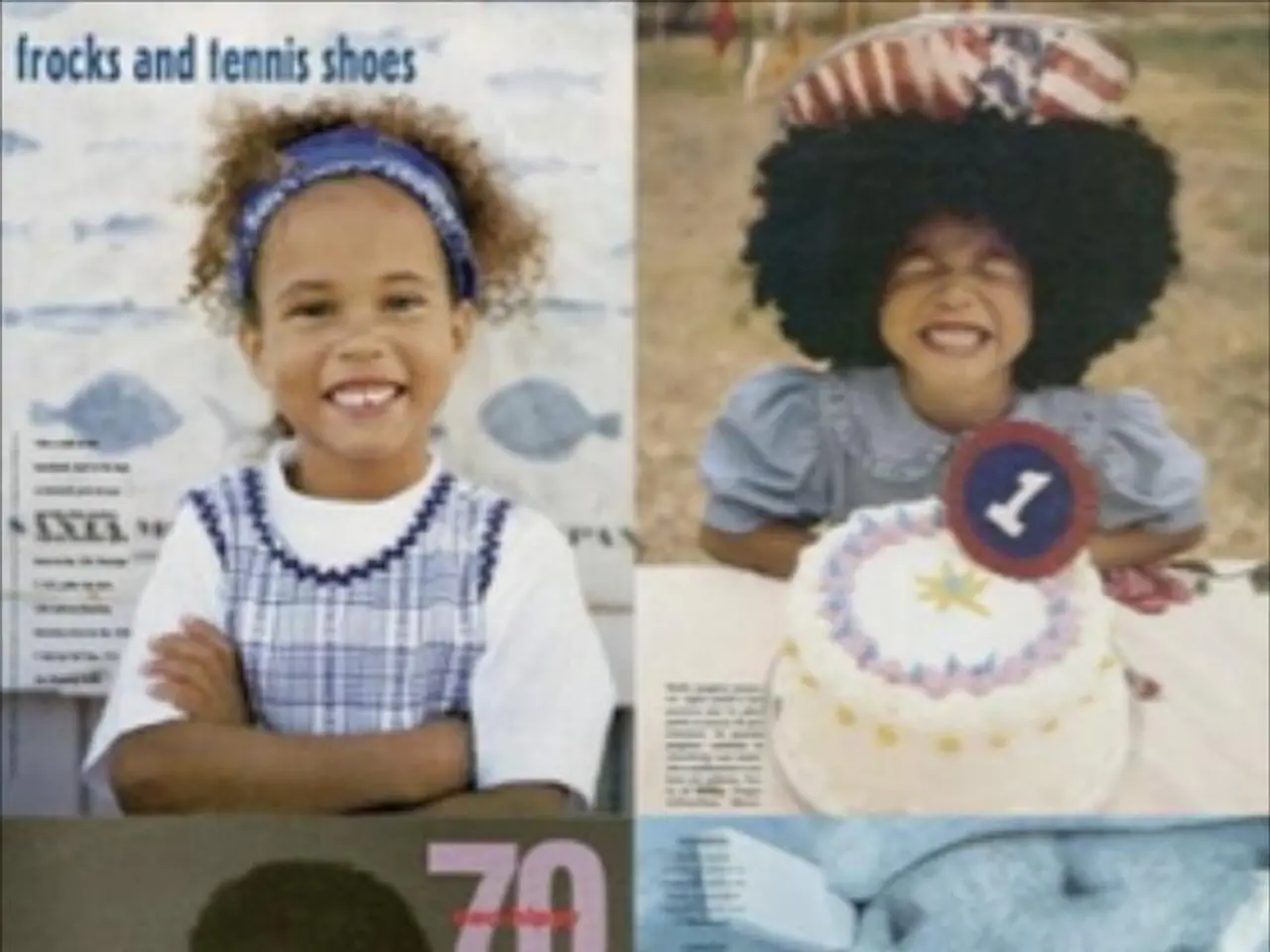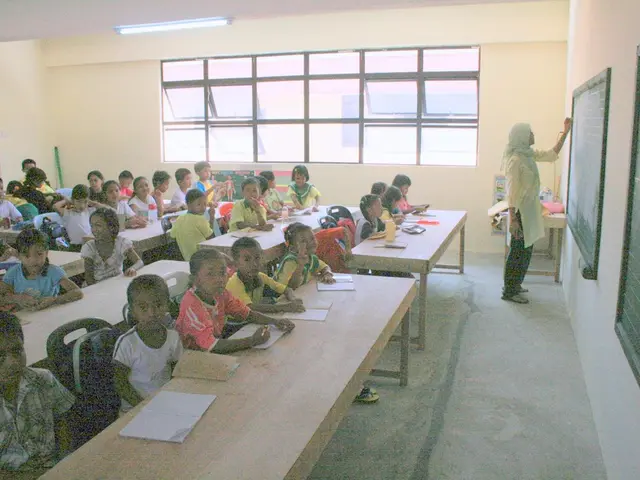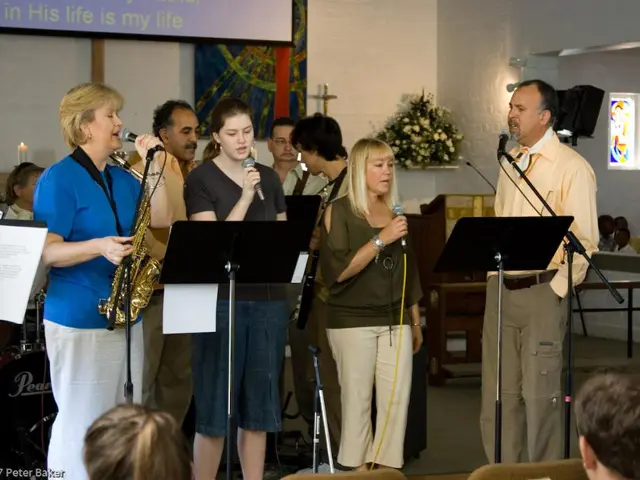Trauma Healing Through Love Speech - Overcoming Early Life Hurt
Subtitle: A Guide to Nurturing Emotional Safety and Repairing Relationships
In the realm of relationships, understanding and applying the concept of love languages can be a transformative force, especially for those who have experienced childhood trauma. According to research from The Journal of Marriage and Family Therapy, shared activities and experiences can strengthen bonds and be the magic elixir for couples' happiness.
At the heart of this phenomenon lies a hormone known as oxytocin, often referred to as the "cuddle hormone." This neurotransmitter plays a pivotal role in fostering bonds and trust, creating a sense of safety and emotional security.
Taking concrete steps in relationships can be a super trust-builder, providing evidence of reliability and intent. For instance, acts of service—demonstrating love through helpful actions—can reduce a trauma survivor’s burden and allow them to experience care tangibly. Small, predictable tasks can build trust by showing reliability.
Words of affirmation, offering calm, sincere reassurance and validation, help counteract negative internal messages from childhood trauma. Simple, steady affirmations like "You’re safe with me" support emotional grounding without overwhelming the person.
Receiving gifts provides thoughtful tokens that reinforce value and being cared for. Selecting practical or meaningful gifts can feel like tangible reminders of safety and connection without pressuring the recipient.
Quality time, focused on presence and connection, often modified for trauma survivors as low-pressure togetherness rather than intense interaction, can support healing by fostering a sense of belonging and stability. Parallel presence or consistent, predictable visits can be particularly beneficial.
Physical touch, when approached with consent and sensitivity, can help regulate the nervous system and rebuild a positive association with touch, which is often disrupted in trauma survivors. Grounding, gentle touch offered only when welcomed strengthens feelings of security.
However, it is critical that these expressions be trauma-informed—sensitive to issues like overwhelm, hypervigilance, or control needs—to truly foster healing rather than inadvertently triggering distress.
The 5 Love Languages serve as practical tools for nurturing emotional safety and repairing relational wounds from childhood trauma when adapted thoughtfully and compassionately. They engage survivors' specific emotional preferences, providing consistent experiences of care and attunement that challenge trauma-related fears.
Touch can be a soothing balm for anxiety, providing immediate relaxation. Regularly reflecting and adjusting is important in the process of enhancing relationships. Giving gifts to overlooked individuals can be a powerful affirmation of their worth.
Seeking professional help can assist in exploring trauma and developing new strategies for healing. Good memories are stored and ensure that joy is always present. Being completely present eliminates feelings of abandonment from childhood. Shared responsibilities can overcome old power imbalances, making respect and equality shine.
Those with childhood trauma often struggle with forming and maintaining relationships due to attachment issues. Gifts symbolize thoughtfulness and value, increasing satisfaction and commitment in relationships. Observing and meeting someone's needs fosters empathy and dialogue. Identifying your love language helps you communicate your needs effectively.
Sharing love languages with your circle-partners, friends, family, enhances empathy and strengthens bonds. It is essential to remember that healing is a journey, and understanding and applying love languages can be a significant step towards nurturing emotional safety and repairing relational wounds from childhood trauma.
- Engaging the concepts of love languages, which are practical tools for nurturing emotional safety, can significantly aid in repairing relationships for those impacted by childhood trauma.
- Education and self-development, such as understanding your specific love language, can help you effectively communicate your needs within your relationships.
- In the realm of health-and-wellness, personal-growth, and mental-health, focusing on shared activities and experiences can strengthen relationships and foster a sense of safety and emotional security.
- Family dynamics can be enhanced through the application of love languages, as identifying and meeting one another's needs fosters empathy, dialogue, and mutual respect.





